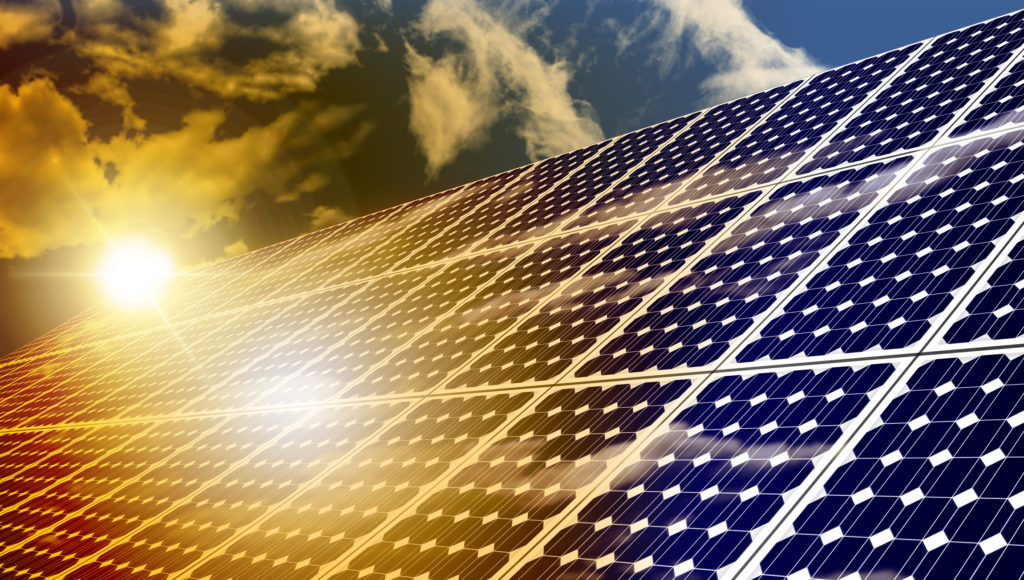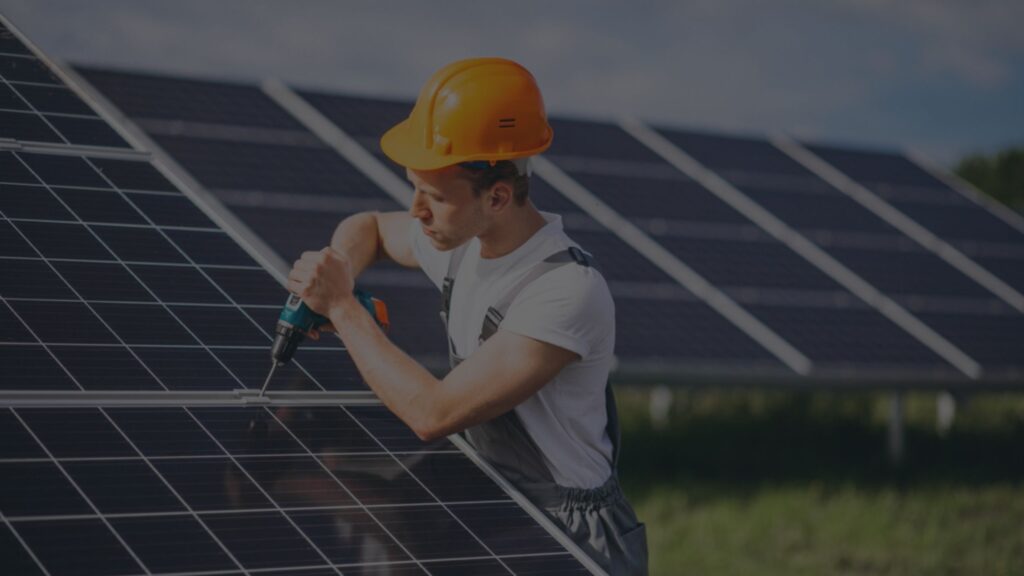Solar panel not working in hot weather is a common issue that can affect the efficiency and longevity of your solar system. Understanding the causes and implementing effective mitigation strategies is crucial to ensure optimal performance and maximize energy production.
When temperatures soar, solar panels can experience reduced efficiency due to increased cell resistance and decreased carrier mobility. Different types of solar panels may exhibit varying levels of performance in hot weather, making it essential to select panels designed for high-temperature environments.
Introduction
Solar panels are devices that convert sunlight into electricity. They are made up of photovoltaic cells, which are semiconductor devices that absorb photons from sunlight and generate an electrical current.
Solar panels are an important part of the renewable energy landscape, as they provide a clean and sustainable source of electricity. They can be used to power homes, businesses, and even entire communities.
Significance of Solar Panels
Solar panels are becoming increasingly important as the world moves towards a clean energy future. They offer a number of advantages over other forms of energy generation, including:
- They are a renewable resource, meaning that they will never run out.
- They are clean and do not produce any emissions.
- They are becoming increasingly affordable.
Understanding Solar Panel Performance in Hot Weather: Solar Panel Not Working In Hot Weather

Solar panels are designed to convert sunlight into electricity, but their efficiency can be affected by various factors, including temperature. High temperatures, in particular, can have a negative impact on solar panel performance.
Factors Contributing to Reduced Efficiency in Hot Weather
Several factors contribute to the reduced efficiency of solar panels in hot weather:
- Increased Cell Resistance: As the temperature of a solar cell increases, its internal resistance also increases. This increased resistance hinders the flow of electricity, reducing the cell’s efficiency.
- Decreased Carrier Mobility: High temperatures can also reduce the mobility of charge carriers within the solar cell. This reduced mobility makes it more difficult for the carriers to reach the cell’s electrodes, further decreasing efficiency.
Performance Differences Among Solar Panel Types
Different types of solar panels may exhibit varying degrees of performance degradation in hot weather. For example:
- Monocrystalline Solar Panels: Monocrystalline solar panels are typically more efficient than other types of solar panels and are less affected by high temperatures.
- Polycrystalline Solar Panels: Polycrystalline solar panels are less efficient than monocrystalline solar panels and experience a greater reduction in efficiency in hot weather.
- Thin-Film Solar Panels: Thin-film solar panels have a lower efficiency than crystalline solar panels and are more susceptible to performance degradation in hot weather.
Causes of Solar Panel Malfunction in Hot Weather
As temperatures rise, solar panels can experience a decline in performance and even malfunction. Several factors contribute to this issue, including thermal expansion and contraction, hot spots, and electrical faults.
Thermal Expansion and Contraction
Solar panels are made of materials that expand and contract with temperature changes. In hot weather, the panels can expand, causing stress on the cells and interconnections. This stress can lead to cracks or breaks in the cells, resulting in reduced power output or complete failure.
Hot Spots
Hot spots occur when certain areas of a solar panel become significantly hotter than others. This can happen due to shading, uneven cooling, or manufacturing defects. Hot spots can create localized overheating, leading to cell damage and potential fire hazards.
Electrical Faults, Solar panel not working in hot weather
Extreme heat can also cause electrical faults in solar panels. High temperatures can weaken insulation and damage electrical components, leading to short circuits or open circuits. These faults can disrupt the flow of electricity and result in reduced power output or panel failure.
Mitigation Strategies for Solar Panel Performance in Hot Weather

In hot weather, implementing strategies to mitigate the negative effects on solar panel performance becomes crucial. Several effective measures can be taken to minimize performance loss and ensure optimal energy generation.
Using High-Efficiency Solar Panels
High-efficiency solar panels exhibit superior performance even in elevated temperatures. These panels incorporate advanced technologies that minimize energy loss due to heat, enabling them to generate more electricity under similar conditions compared to conventional panels.
Implementing Cooling Systems
Cooling systems play a vital role in dissipating excess heat from solar panels, reducing their operating temperature and improving efficiency. Various cooling techniques exist, such as:
- Passive Cooling: Utilizes natural convection and heat sinks to dissipate heat without external power consumption.
- Active Cooling: Employs fans or water circulation systems to actively remove heat from the panels.
Optimizing Panel Orientation and Tilt Angle
Adjusting the orientation and tilt angle of solar panels can significantly impact their performance in hot weather. Positioning panels to minimize direct sunlight exposure during peak heat hours can reduce temperature buildup and improve efficiency.
- Orientation: Facing panels towards the east or west can avoid the intense midday sun.
- Tilt Angle: Optimizing the tilt angle based on latitude and seasonal variations ensures maximum sunlight absorption while minimizing heat buildup.
Monitoring and Maintenance for Solar Panels in Hot Weather
Monitoring solar panel performance in hot weather is crucial for ensuring optimal energy production and preventing potential issues. Regular monitoring allows for early detection of any performance degradation or potential problems, enabling prompt troubleshooting and maintenance.
Signs of potential problems in hot weather include reduced energy output, increased panel temperature, and visual abnormalities such as discoloration or cracks. Regular visual inspections can help identify these issues early on.
Even though solar panels are designed to withstand extreme weather conditions, they can still be affected by high temperatures. If your solar panel is not working in hot weather, there are a few things you can check. First, make sure that the panel is not obstructed by any objects, such as leaves or debris.
Next, check the connections between the panel and the rest of the system. If the connections are loose, they could be causing the panel to malfunction. Finally, you may want to consider checking the warranty on your solar panel.
Most reputable manufacturers offer warranties that cover defects in materials and workmanship. If your panel is still under warranty, you may be able to get it replaced or repaired for free.
Maintenance Practices
- Regular Cleaning: Dust and debris accumulation can significantly reduce solar panel efficiency. Cleaning panels regularly, especially during hot and dry weather, removes these particles and ensures optimal light absorption.
- Thermal Inspection: Thermal imaging can detect hotspots or uneven temperature distribution within solar panels. Identifying these areas allows for targeted maintenance or repairs to restore panel performance.
- Electrical Inspection: Electrical testing can identify loose connections, faulty wiring, or other electrical issues that can affect panel performance. Regular electrical inspections ensure the system is functioning correctly and safely.
Outcome Summary

By understanding the impact of hot weather on solar panel performance, implementing appropriate mitigation strategies, and performing regular monitoring and maintenance, you can ensure that your solar system continues to generate clean, renewable energy even during the hottest months.
Commonly Asked Questions
Why do solar panels perform poorly in hot weather?
High temperatures increase cell resistance and decrease carrier mobility, reducing the efficiency of solar panels.
What are some common causes of solar panel malfunction in hot weather?
Thermal expansion and contraction, hot spots, and electrical faults can all lead to solar panel malfunction in hot weather.
How can I mitigate the effects of hot weather on solar panel performance?
Using high-efficiency solar panels, implementing cooling systems, and optimizing panel orientation and tilt angle can help mitigate the effects of hot weather on solar panel performance.


